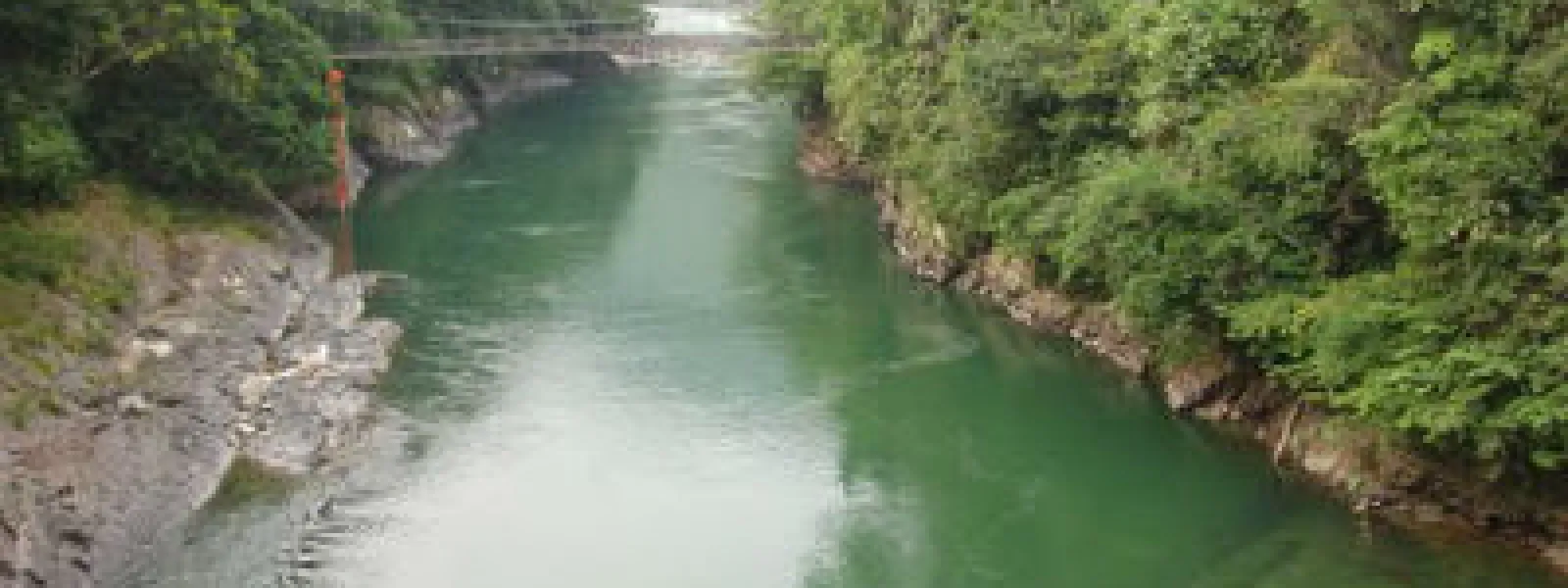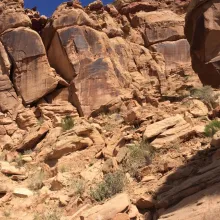
Giving People a Voice on Hydropower Projects
Hydropower projects are on the rise in Latin America as governments seek to feed growing economies.
But at what cost?
The plants may harness the energy capacity of running water, a renewable resource. But poorly planned and implemented dams, especially large ones, can bring myriad harms to the environment and communities. They affect fish and water quality, and they increase emissions of methane, a gas that contributes to global warming. Flooding displaces people from their homes and communities. This costs them their jobs as farmers, fishermen and hunters – and for ethnic and peasant communities, even their cultures and traditions.
AIDA works with individuals and communities to protect them from poorly conceived and developed projects by using the law to defend their right to a healthy environment.
This month AIDA and other organizations submitted a brief (in Portuguese) to Brazil’s Supreme Federal Court. The information demonstrates that congressional approval of the Belo Monte Dam in 2005 is illegal because the government didn’t guarantee the affected communities in the Amazon their right to consultation and free, prior and informed consent. Some meetings were held after approval of the project, and then with just scant and incomprehensible information in foreign languages for the communities. There was also little forewarning to attend. It was like telling you that your front yard is to become a street after the diggers have already started removing the lawn.
The dam – which is to be the world’s third largest – is under construction and already displacing people without anyone giving them a chance to say no to the project in their own front yard.
This is the first time that our combined efforts have reached the Supreme Court for a final decision on Belo Monte, said AIDA attorney María José Veramendi Villa.
If the court rules against the legality of the project, then construction will have to stop and the harms righted for failing to consult the communities beforehand.
If the opposite happens, the project will continue – and so will we. We will continue to provide assistance to the Brazilian Prosecutor’s Office as it pursues more than a dozen other cases against Belo Monte. These are cases that can also advance to the highest court with the goal of protecting communities from this and other dams in the Amazon.
Our efforts to help communities fight dam projects are gaining attention. The Personería of San Carlos (the municipal ombudsperson), a town in northwestern Colombia, contacted AIDA to provide expertise in international environmental and human rights law. They want help in preventing the granting of a license for construction of the El Porvenir II Dam on the Samaná Norte, the last undammed river in the area.
AIDA attorney and human rights and the environment fellow, Ana María Mondragón, went there to speak at a public environmental hearing for the project.
The good news is that the dam has yet to be approved, meaning that there is still time for the communities to find out what could happen and voice their concerns. The government will have to take the community input into consideration before approving the project, with the possibility that the developer may have to amend construction plans – or abandon them altogether.
El Porvenir II will affect fishing, a main source of work and food for the largely poor people in San Carlos. It will also flood an area where many Colombians are seeking to recover the lands that they were forcibly displaced from as result of an internal armed conflict that started more than five decades ago.
“We have entered at an early stage, before the project has been approved,” said Mondragón. “We intervened in the hearing to show the inconsistencies in the environmental impact assessment made by the company and the harms that the Porvenir II dam would have in the community. We hope this will help the authorities in their decision-making process to not grant the license.”
With your help, we can keep assisting Latin American communities free of charge to exercise their right to say what happens on their land and defend themselves with the law.
Dena DeBry

Dena DeBry is a fine artist and web developer. She runs Buttonwillow Six, a small web development company based in Salt Lake City. To see more, visit http://www.buttonwillowsix.com.
